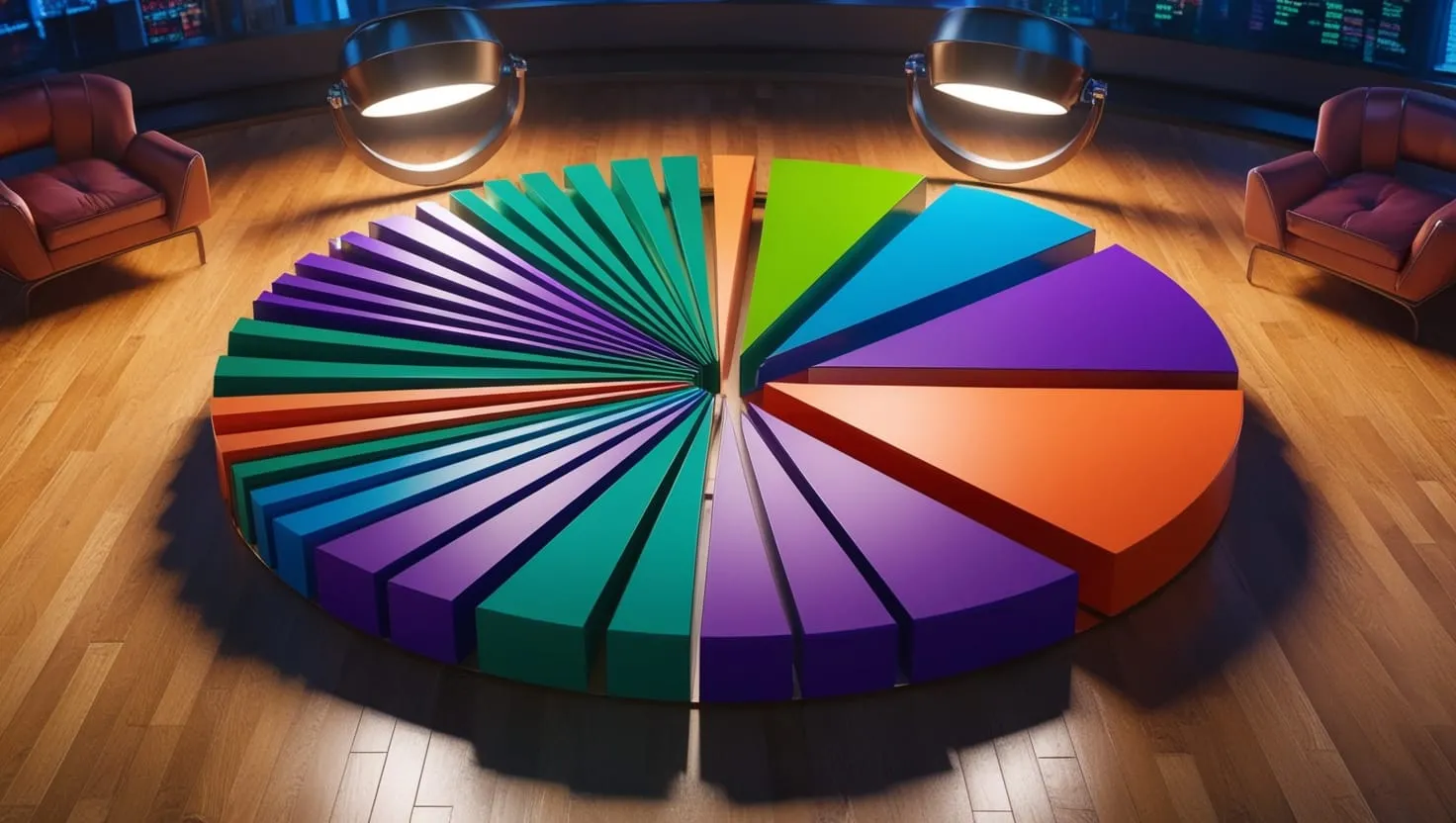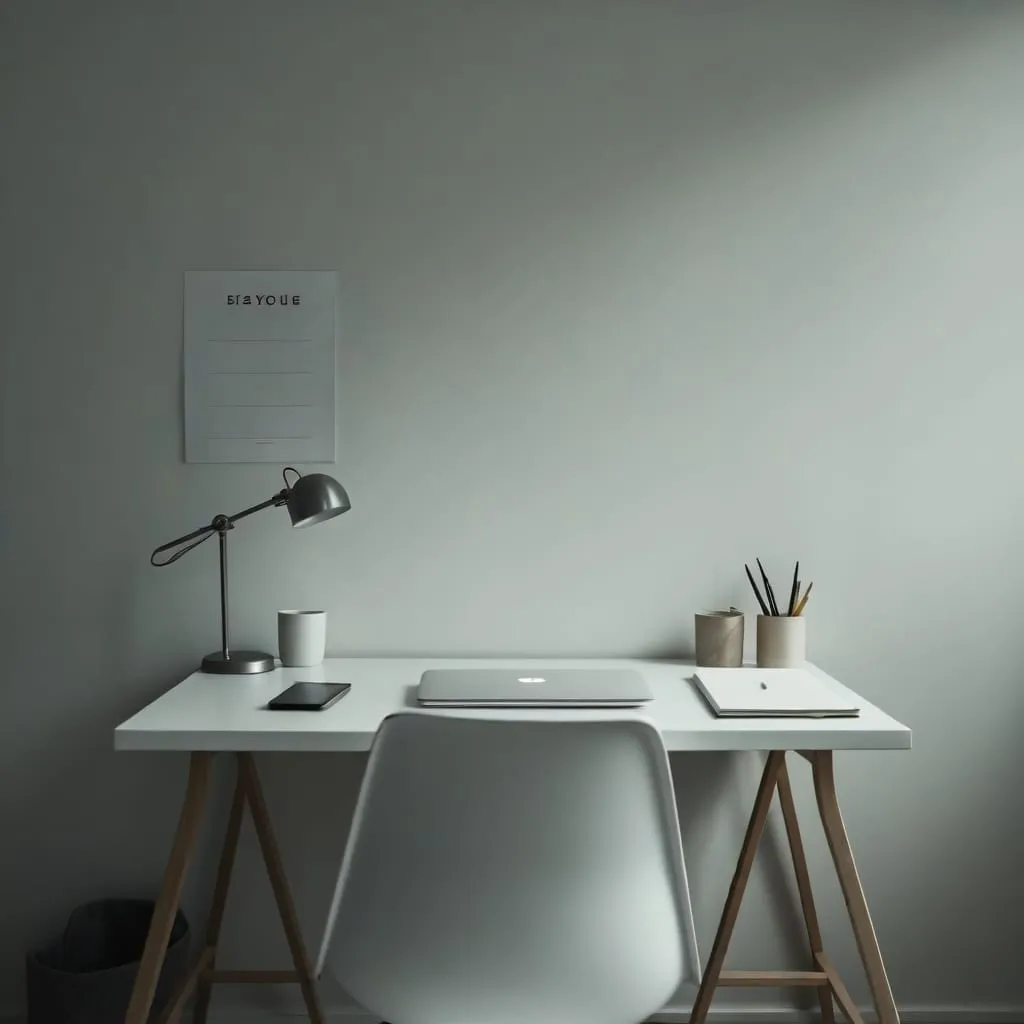Napping: The Secret Weapon for Boosting Productivity in Finance
In the high-stakes world of finance, staying on top of your game is crucial. We're always looking for that edge to help us perform better, work smarter, and achieve more. But what if I told you that the key to unlocking your full potential is something you've been doing since you were a kid? That's right, I'm talking about napping.
Now, I know what you're thinking. Napping? Isn't that just for toddlers and retirees? Well, think again. Napping isn't just a luxury; it's a powerful tool that can supercharge your productivity and give you a serious advantage in the fast-paced financial sector.
Let's dive into the science behind napping and why it's such a game-changer. Our brains are like high-performance engines, and just like any engine, they need regular maintenance to keep running smoothly. That's where napping comes in. It's like a quick pit stop for your brain, allowing it to recharge and get back to peak performance.
Research has shown that even a short nap can work wonders for your cognitive function. We're talking improved reaction time, better psychomotor speed, increased vigor, and sharper vigilance. Imagine tackling complex financial analyses or making critical investment decisions with a mind that's firing on all cylinders. That's the power of a good nap.
But here's where it gets really interesting. Did you know that a micro-nap of just six minutes can give your declarative memory a significant boost? That's the part of your memory responsible for facts and knowledge. So, if you're cramming for a big presentation or trying to memorize market trends, a quick nap could be your secret weapon.
Now, let's talk about learning. In finance, we're constantly bombarded with new information, complex models, and ever-changing market dynamics. It can be overwhelming, right? Well, here's where napping really shines. Studies have found that a 90-minute nap can be as beneficial for learning perceptual skills as a full night's sleep. That's huge!
Think about it. If you're struggling to wrap your head around a new financial model or trying to grasp a tricky investment strategy, a nap could be the key to unlocking your understanding. It's like hitting the refresh button on your brain, allowing you to approach the problem with renewed clarity and insight.
And for all you CFA candidates out there, listen up. Taking a nap after a study session can help consolidate all that information in your brain, making it easier to recall during the exam. It's like giving your brain a chance to file away all those important details for easy access later.
But napping isn't just good for your brain; it's great for your overall health too. And let's face it, in the high-stress world of finance, we could all use a little health boost. A study by the European Society of Cardiology found some pretty compelling evidence in favor of napping. People who took mid-day naps had lower blood pressure and needed fewer medications. That's already impressive, but it gets better.
The study also found that napping was associated with a lower rate of coronary mortality. Occasional nappers had a 12% lower rate, while frequent nappers saw a whopping 37% lower rate. In a field where stress-related health issues are all too common, these findings are nothing short of revolutionary.
So, how do you make napping work for you in the middle of a busy day? The key is to keep it short and sweet. A nap between 10 to 30 minutes is ideal. It's long enough to refresh your brain but short enough to avoid falling into deep sleep, which can leave you feeling groggy and disoriented.
Picture this: it's 2 PM, you've just finished lunch, and you're feeling that afternoon slump creeping in. Instead of reaching for another cup of coffee, try this. Find a quiet spot, set a timer for 15 minutes, and let your brain recharge. When you wake up, you'll feel refreshed and ready to tackle the rest of your day with renewed energy and focus.
Now, for all you coffee lovers out there, I've got a special trick for you. It's called the coffee nap hack, and it's a game-changer. Here's how it works: drink a cup of coffee right before taking a 25-minute nap. By the time you wake up, the caffeine will start to kick in, giving you a double boost of energy and alertness. It's like a one-two punch for productivity.
But I get it. In many workplaces, especially in the U.S., there's still a stigma around napping. It's seen as lazy or unprofessional. But here's the thing: that perception is changing, and fast. In many parts of the world, napping is already a normal part of the workday. In China, for example, it's common to see people taking a quick 15-minute nap at their desks or even in public places. No one bats an eye.
And in Spanish-speaking countries, the siesta is a time-honored tradition. It's a recognition that our bodies naturally experience a dip in energy in the early afternoon, and instead of fighting it, they embrace it.
The good news is that this attitude is starting to catch on in the U.S. too. More and more companies are recognizing the benefits of napping and are providing dedicated spaces for employees to recharge. Sleep pods and nap rooms are popping up in offices, hospitals, and schools across the country. It's a shift towards a culture that values productivity over face time, and it's about time.
But even if your workplace isn't quite there yet, don't let that stop you. Remember, napping isn't about being lazy; it's about being smart. It's a proactive way to ensure you're always performing at your best. Think of it like this: you wouldn't expect your phone to run all day without a charge, right? So why expect that of your brain?
I've heard so many stories from people who've made napping a part of their daily routine, and the results are always impressive. One friend who works from home swears by her post-lunch power nap. She says those 15 minutes of shut-eye are like hitting the reset button on her day. When she wakes up, she's ready to tackle her afternoon tasks with renewed focus and energy.
Another colleague of mine is a big fan of the coffee nap hack. He says it's his secret weapon for powering through long days at the office. By combining the restorative power of sleep with the energizing effects of caffeine, he's able to stay sharp and focused even during marathon strategy sessions.
So, how can you start incorporating naps into your daily routine? Here are a few tips to get you started:
Start small. Don't try to jump into 90-minute naps right off the bat. Begin with short naps of 10 to 15 minutes and see how they work for you. You might be surprised at how refreshed you feel even after such a short rest.
Find your nap spot. Identify a quiet, comfortable place where you can rest without distractions. If you're working from home, this might be your couch or bed. If you're in the office, see if there's an unused conference room or a quiet corner you can use.
Set a timer. This is crucial. Use a timer to ensure you don't oversleep and wake up feeling groggy. Remember, the goal is to wake up feeling refreshed, not like you need another nap.
Make it a habit. Try to nap at the same time every day. This helps train your body to expect and make the most of that rest period. For most people, early afternoon (around 2 PM) is ideal.
Don't feel guilty. Remember, you're not being lazy; you're being proactive about your productivity and health.
In the end, napping is about working smarter, not harder. It's about recognizing that our brains, like any high-performance tool, need regular maintenance to function at their best. By making napping a regular part of your day, you're not just improving your productivity; you're enhancing your learning capacity, boosting your overall health, and giving yourself a competitive edge in the demanding world of finance.
So the next time you feel that afternoon slump coming on, don't fight it. Embrace it. Take a nap. Your brain (and your bottom line) will thank you. Who knew that the key to financial success could be as simple as closing your eyes for a few minutes? It's time to wake up to the power of napping.






